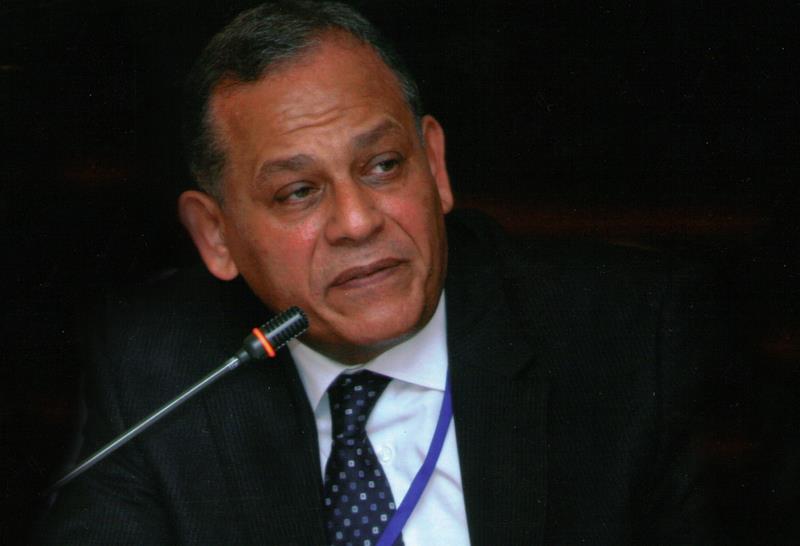VIENNA, Austria: The head of the UN nuclear monitoring agency on Friday criticized the US for not giving his organization intelligence information sooner on what Washington says was a nuclear reactor in Syria being built secretly by North Korea.
IAEA Director General Mohamed ElBaradei also chastised Israel for bombing the site seven months ago, in a statement whose strong language reflected anger at being kept out of the picture for so long.
The White House broke its silence about the issue on Thursday, just hours after top US legislators – members of the House of Representatives Intelligence Committee – were briefed on the alleged reactor. US intelligence officials said evidence included dozens of photographs taken from ground level as well as footage of the interior of the building taken by spy satellites after the Israeli strike.
The IAEA s mission includes trying to keep nuclear proliferation in check, and it depends on member states for information in trying to carry out that task. The agency is investigating allegations that Iran tried to make nuclear weapons, and it is using not only its own research but intelligence provided by the US and other members of the 35-nation IAEA board.
The director general deplores the fact that this information was not provided to the agency in a timely manner, in accordance with the agency s responsibilities under the nuclear Non-Proliferation Treaty, to enable it to verify its veracity and establish the facts, said an IAEA statement, issued a day after ElBaradei was briefed.
Additionally, the director general views the unilateral use of force by Israel as undermining the due process of verification that is at the heart of the nonproliferation regime, it said.
Promising a follow-up, the statement said the IAEA will treat this information with the seriousness it deserves and will investigate the veracity of the information, adding: Syria has an obligation … to report the planning and construction of any nuclear facility to the Agency.
John Rood, the US undersecretary of state for arms control, briefed ElBaradei by telephone. Additionally, a senior US official, who spoke on condition of anonymity because of the sensitivity of the matter, said a US intelligence team was in Vienna to brief IAEA representatives.
A senior diplomat linked to the IAEA said ElBaradei had already let his displeasure be known to Rood, during the US official s phone call, over the delay between the time the information became available to the US and when he was informed of it.
US Congressional Intelligence Committee members also expressed anger Thursday over the seven-month time lapse before their committee was briefed.
ElBaradei did not criticize Syria and North Korea. And UN Secretary-General Ban Ki-moon said he lacked concrete information on the issue. But the UN chief told reporters while on a visit to Vienna that as a matter of principle, this proliferation of weapons of mass destruction … is a serious source of great concern.
[The] international community must work hard to prevent such proliferation, he said.
Repeating its previous stance, Syria denied the allegations Thursday and accused Washington of misleading Congress about the country s nuclear activity.
The Damascus government issued a statement Friday that also alleged the US aided Israel in last year s bombing of Syrian territory.
But in Seoul, Kim Sook, South Korea s top nuclear envoy, said the allegations of nuclear cooperation between North Korea and Syria were credible and urged Pyongyang to fulfill a promise to declare all its atomic programs.
We share the concern expressed by the US government about the North Korean nuclear weapons program and nuclear proliferation activities, Kim told The AP in a telephone interview Friday.
Top US intelligence officials who briefed reporters in Washington on Thursday said they had high confidence in the judgment that North Korea had aided Syria with a nuclear program whose aim was to produce plutonium. But they claimed only low confidence for the conclusion that it was meant for weapons development, in part because there was no reprocessing facility at the site – something that would be needed to extract plutonium from spent reactor fuel for use in a bomb.
The alleged reactor was within weeks or months of being functional when Israeli jets destroyed it, a top US official told The Associated Press in Washington, speaking on condition of anonymity because of the sensitivity of the matter. The official said the facility was mostly completed but still needed significant testing before it could have been declared operational. -AP


